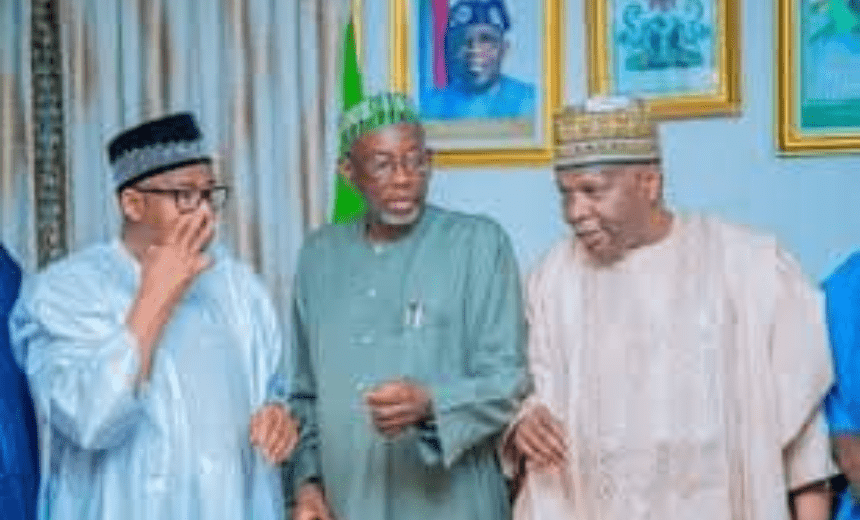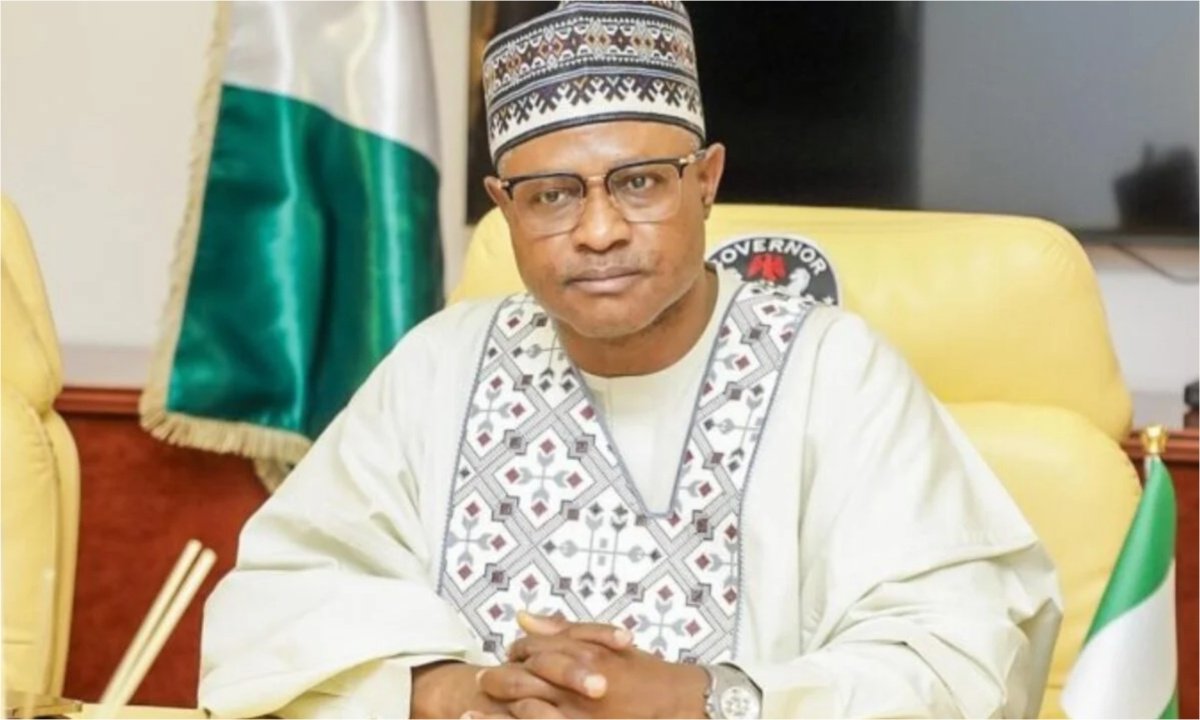The Presidency says reactions to the tax bill at the National Assembly are not grounded in facts, reality, or sufficient knowledge of the bills.
According to a statement by the special adviser on information and strategy Bayo Onanuaga “Contrary to the lies being peddled, the bills do not suggest that NASENI, TETFUND, and NITDA will cease to exist in 2029 after the passage of the bills.”
He said While some commentators have attempted to incite the people against lawmakers, others have polarized one section of the country against another.
“The tax reform bills will not make Lagos or Rivers more affluent and other parts of the country, as recklessly canvassed, poorer. The bills will not destroy the economy of any section of the country. Instead, they aim to enhance the quality of life for Nigerians, especially the disadvantaged, who are trying to make a living.”
He said Government agencies, such as NASENI, TETFUND, and NITDA, are funded through budgetary provisions with company income tax and other taxes paid by the same businesses that are being overburdened with the special taxes.
“Contrary to the lies being peddled, the bills do not suggest that NASENI, TETFUND, and NITDA will cease to exist in 2029 after the passage of the bills.”
Explaining that one reason President Bola Tinubu embarked on the Tax and Fiscal Policy Reforms is the need to streamline tax administration in Nigeria and make the operating environment conducive for businesses.
“For decades, businesses, investors, and private sector players in Nigeria have complained of being overburdened by a myriad of taxes and levies, including those earmarked to fund various government agencies and initiatives.”
Onanuaga added that the multiple taxes complicate the economic environment, making Nigeria uncompetitive for investment and preventing many businesses from growing or continuing their operations. Some companies have had to make the rational decision to relocate to other countries. We cannot continue on this path or wait for 20 years if this country is to deliver the prosperity we need for our people.
The proposal, as contained in section 59(3) of the Nigeria Tax Bill, only seeks to consolidate some of the earmarked taxes imposed on companies and replace them with a single tax to be shared with the key agencies as beneficiaries in a phased manner until 2030.
MUST READ: Senate Ignores State Governors, Goes Ahead With Controversial Tax Reform Bills
The time frame offers ample opportunity for the affected agencies to explore other funding sources in addition to budgetary allocations in line with the constitution and international best practices.
“It is a misrepresentation of facts to conclude that changing an agency’s funding source amounts to scrapping it. None of the country’s leading globally in education, science, engineering, or information technology have similar earmarked taxes.”
The Presidency says President Tinubu welcomes the public interest these bills have generated and encourages leaders across the country, including Governors, Traditional rulers, Civil Society Activists, Students, trade associations, professional associations, and the general public, to take advantage of the Public Hearings that the National Assembly will organize to present their views on how best to reform our taxes and fiscal regime.
(Editor: Paul Akhagbemhe)
Discover more from viewnowafrica.com.ng
Subscribe to get the latest posts sent to your email.


